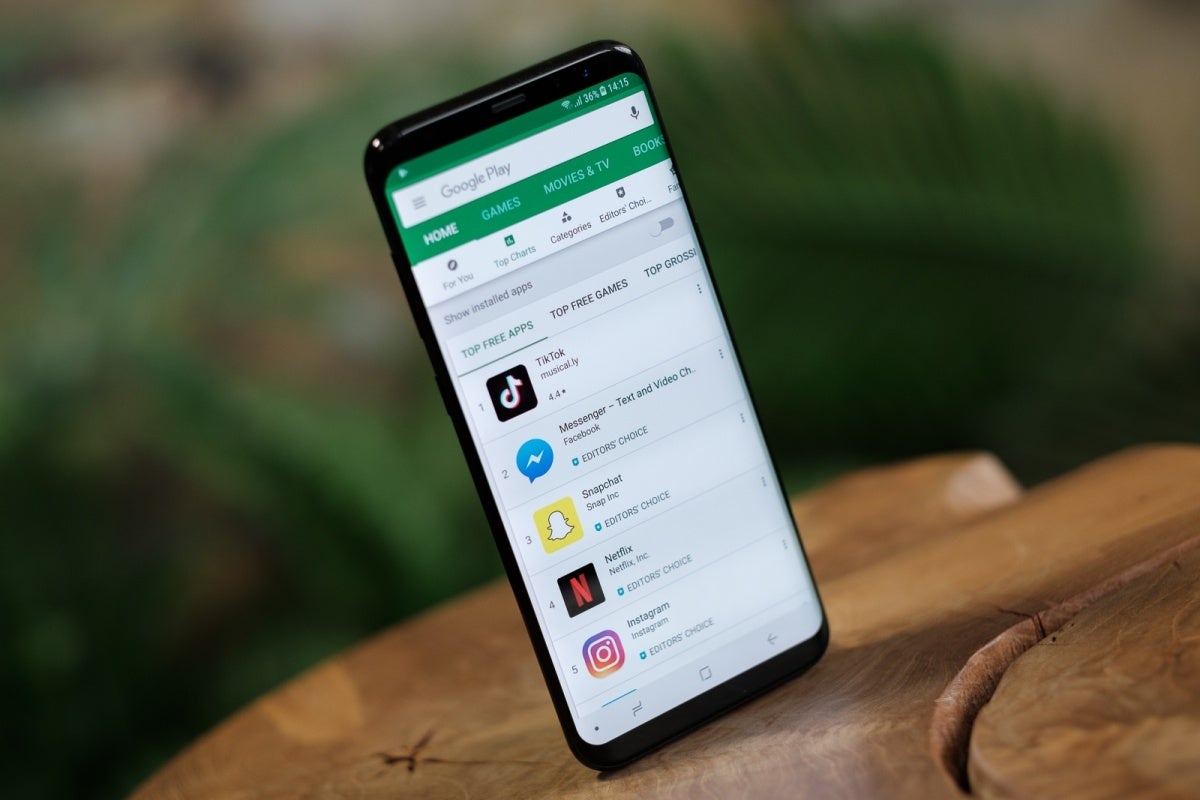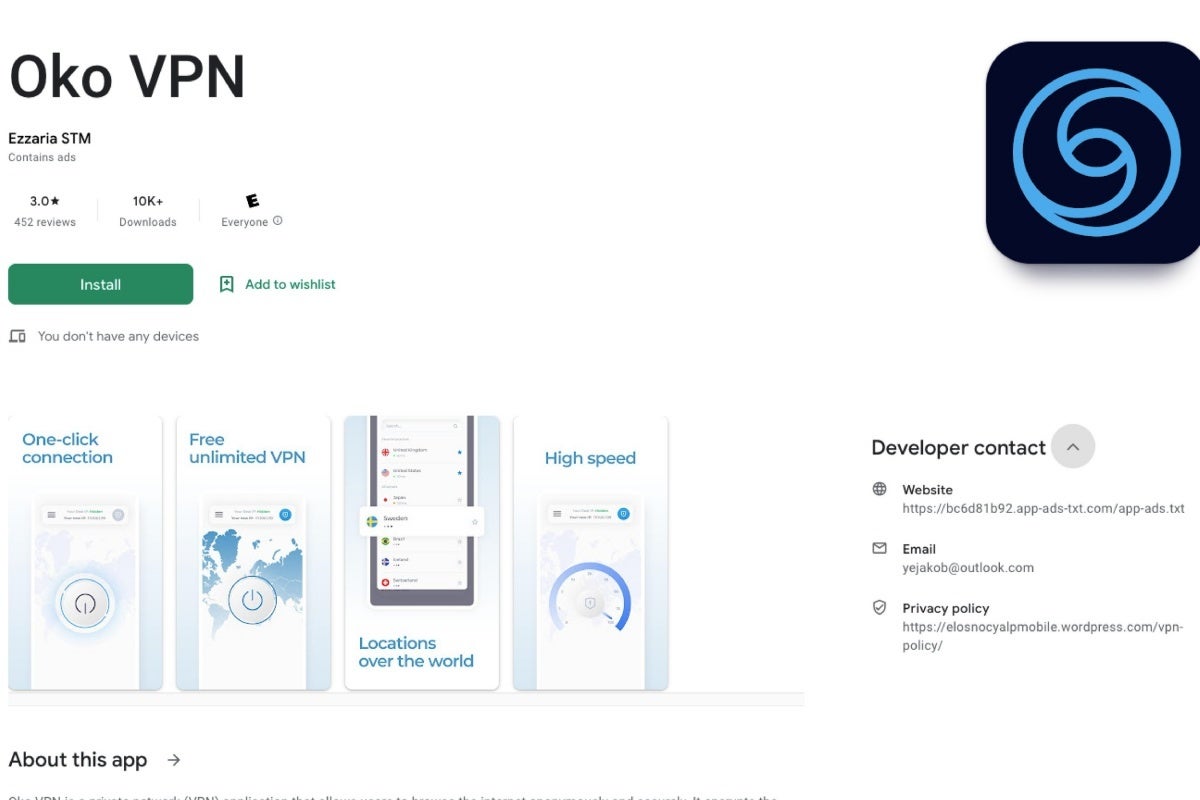Have you noticed that there have been far fewer reports of malicious apps wreaking havoc on Android devices in the past few months than usual? Unfortunately, that still doesn’t mean the Google Play Store is free of all security threats, as a widespread new issue is coming to light today that originates from where we all install our apps.
Have you unknowingly broken a law?
Let us ease your biggest concern by stressing that you cannot be prosecuted or charged for anything illegal that may have been done with your phone after you installed one of the 28 apps infected with this new type of malware.

To their credit, the search giant responded to these horrifying revelations in the only acceptable way we can think of, removing all dangerous new apps from its Play Store while also disabling them on devices where they were already installed. That is, if you have Google Play Protect enabled, which you absolutely should at all times.
Before listing all the apps you need to delete from your phone if you’ve turned off Play Protect or if for some reason the tool isn’t doing its job, it’s important to point out that several of these titles actually made it back to Google Play without any trace of malicious code in them. Does this make them safe to use? In theory, yes, but we can totally understand if you’ve developed trust issues and would rather install alternatives with a clean security record.
Get rid of the following apps now!
- Simple VPN
- Keyboard with animations
- Blaze Stride
- Byte Blade VPN
- Launcher for Android 12 (by CaptainDroid)
- Android 13 Launcher (by CaptainDroid)
- Android 14 Launcher (by CaptainDroid)
- CaptainDroid Feeds
- Free Old Classic Movies (by CaptainDroid)
- Phone Comparison (by CaptainDroid)
- Fast Fly VPN
- Fast Fox VPN
- Fast Line VPN
- Funny Char Ging animation
- Limousine edges
- VPN around
- Phone application launcher
- Quick Flow VPN
- An example of a VPN
- Secure the Thunder
- Safety shine
- Fast surfing
- Swift Shield VPN
- Turbo Track VPN
- Turbo Tunnel VPN
- Yellow Flash VPN
- VPN Ultra
- Start VPN
As you can easily notice, many of these applications have one key thing in common – a free VPN (Virtual Private Network) service. That sounds like a very compelling proposition when some of the best premium VPNs are available for anywhere between $3 and $10 per month, so it’s definitely easy to understand how millions and millions of people have been tricked into joining Proxylib’s shenanigans.

This was the first app of the malicious series discovered back in June 2023, although it is (theoretically) safe to use if you download it now.
They essentially routed traffic from one device to another to perpetrate ad fraud and other malicious activities known as password and credential stuffing attacks. Hackers used IP addresses without user authorization or notification to hide the true origin of their attacks and make money from ads using bots and your own phones.
But that’s just the tip of the iceberg, and unfortunately, we can’t know exactly what cyber crimes your IPs were involved in, for how long, and how much online and personal damage they may have caused between June 2023 and February 2024, and even before the date when the first application carrying Proxylib was discovered.